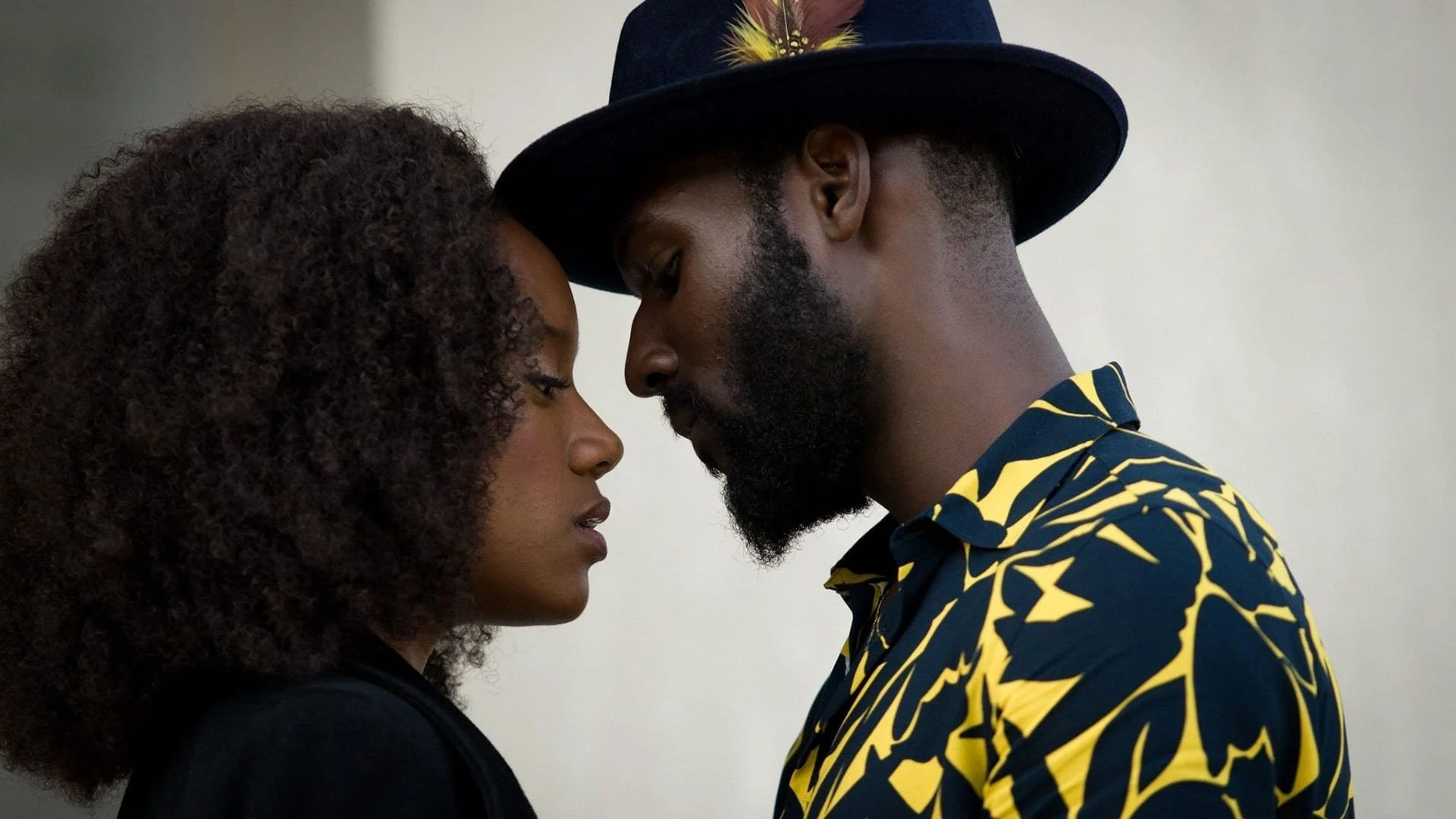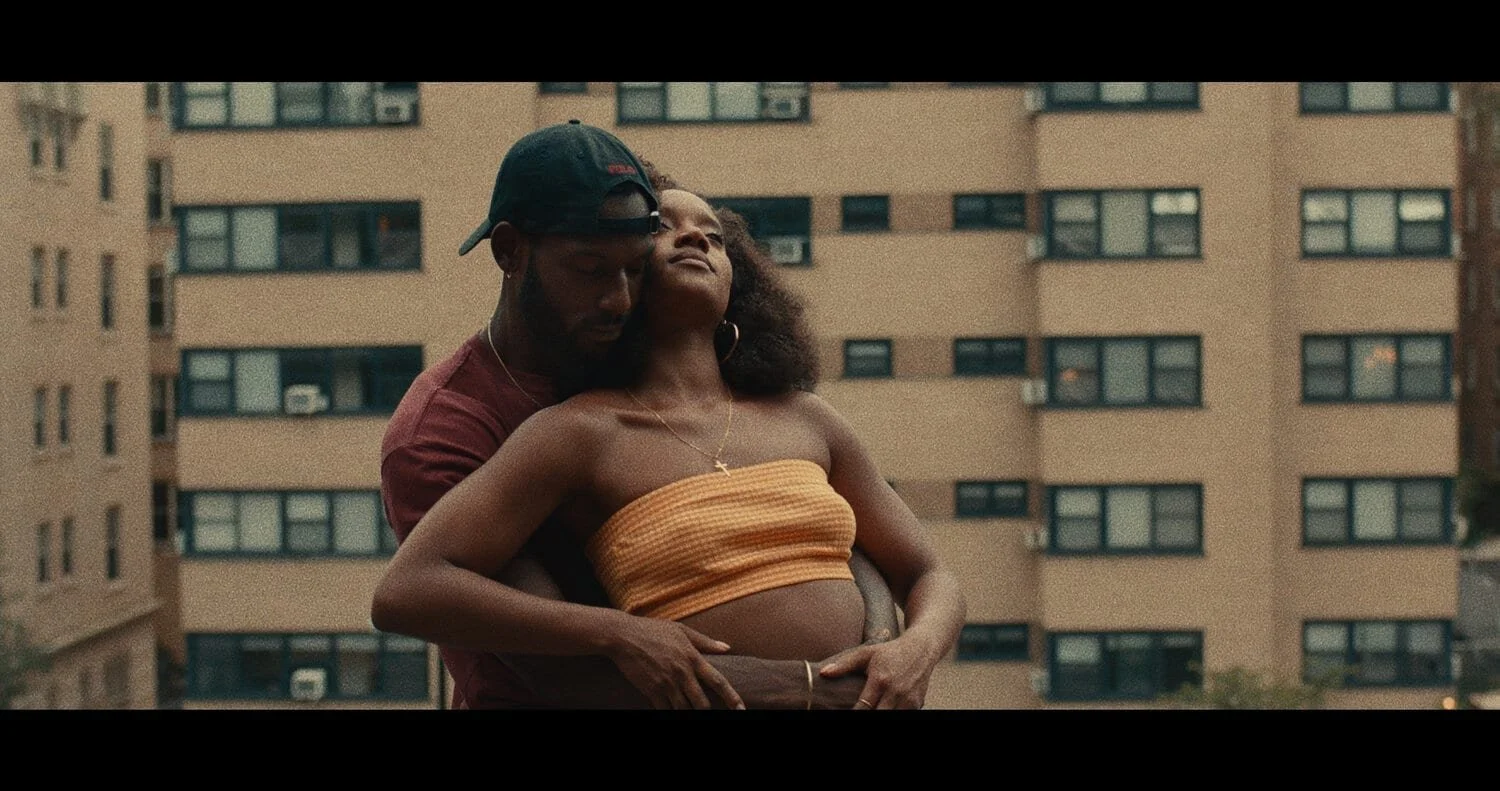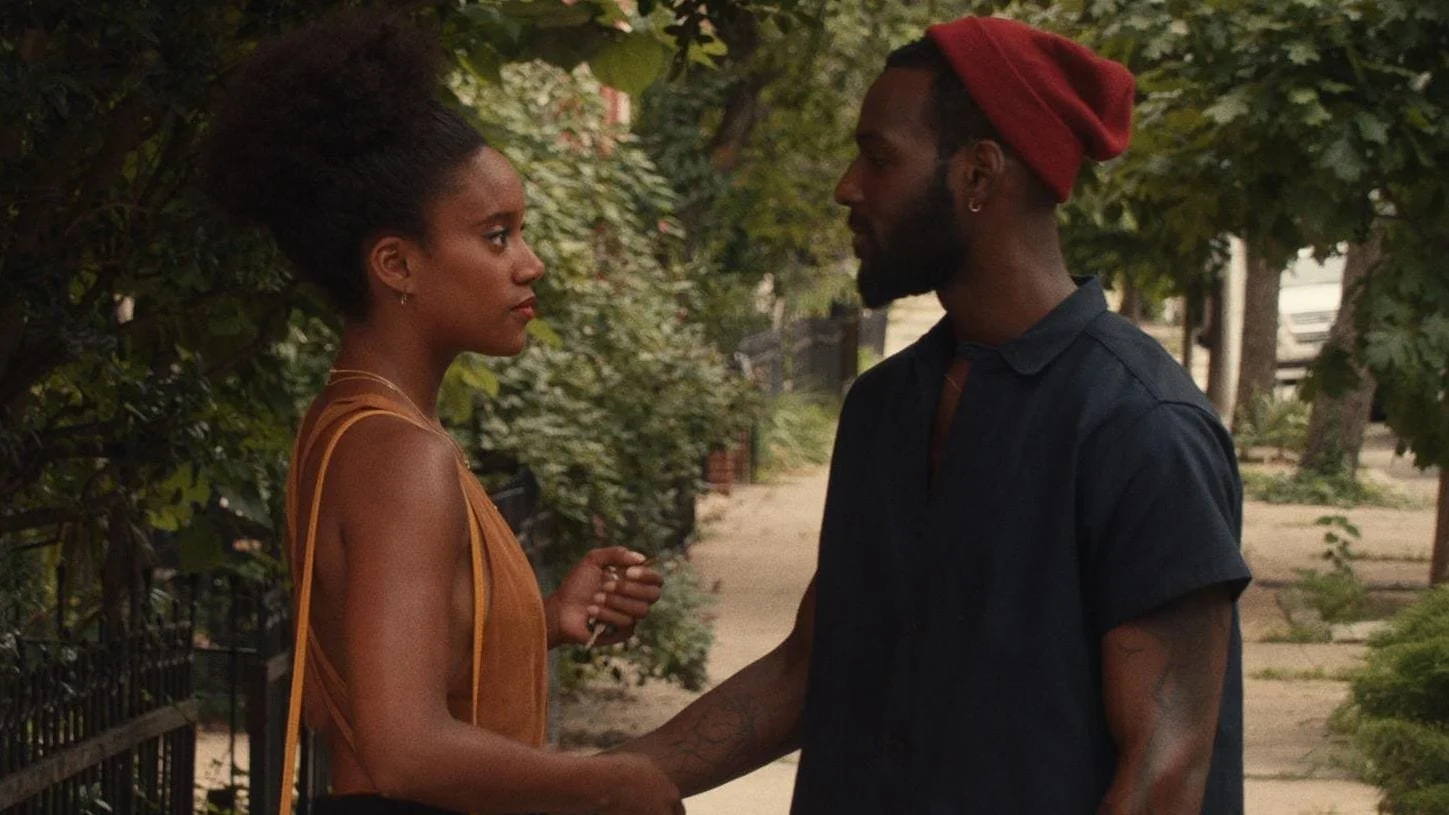AFI Fest: Really Love Review
In Angel Kristi Williams’s debut feature, she offers a look at what we’re willing to sacrifice for our dreams and the relationships that stick with us forever. Set in a rapidly gentrifying Washington, DC, Isaiah (Kofi Siriboe), a Black artist on the rise, spends his time painting in a dark studio apartment, trying to find his place amongst other artists in his community and the overall art world.
One day at a gallery show, Stevie (Yootha Wong-Loi-Sing), a talented law student, catches his attention. Almost as if it’s their destiny, they meet again, sparking a beautiful romance. As Isaiah gains notoriety and Stevie is offered a lucrative position, both are forced to consider whether they care more about their relationship or their careers. This film feels like a love letter to black communities, art, and the relationships that make life wonderful.
While Really Love centers on the relationship, Kofi Siriboe’s Isaiah is the star of the show here. His dedication to his art shows on his face and in his body language. Whenever he’s talking about art or his paintings, he transitions from his usual slumped back, straightens his back, puts a smile on his face, and in his voice. Likewise, when he paints, he focuses on every stroke, which colors he’s using, and what that portrays. He puts this same level of dedication and concentration on Stevie and the relationship they have together. When his art or Stevie does not surround him, there’s this visible deflation Kofi can portray that I haven’t seen in many other films. If he’s not on your radar yet, Really Love will put him on your radar.
Sharing some of the spotlight is Yootha Wong-Loi-Sing’s Stevie. To say that she is bringing a more subdued performance than Kofi Siriboe would almost be an understatement. Stevie is a small part of the film, so it almost requires her to give Kofi Siriboe the spotlight. However, Yootha Wong-Loi-Sing has these subtle moments that say a thousand words with the little screentime she has. Whether it’s her handing Isaiah her card to pay for gas when he hasn’t even asked her or glaring at him after he gets home from painting, she can find ways to cut down Isaiah without him even realizing it.
Much of what makes Really Love work is the suburb writing by Angel Kristi Williams. She uses the paintings of Isaiah to tell one story and the words and gestures of Stevie to tell another. Never is the message more evident than when the film takes time to introduce each set of parents. After coming home from church, Isaiah’s family says in no uncertain words, “get a real job,” while Stevie’s family supports her current law school and looks at Isaiah like he’s a mistake. These are two separate scenes, but they say so much. Another telling moment is when Isaiah comes to his studio and angrily paints over an unfinished portrait of a Black man with white paint. Nothing about what Williams is doing here is accidental.
Another high point of the film is its hip-hop, R&B, and jazz-centric score by Khari Mateen. Instantly danceable and subtly sensual, Khari Mateen’s score gives this emotional story a sensual soundtrack that connects the artistry of Isaiah’s paintings, the powerful emotions of Stevie in a way that is a way Williams tells their story.
As a white man who grew up in the suburbs, Really Love just wasn’t a film I couldn’t connect with on the level Angel Kristi Williams wanted me to. I simply don’t have the experiences and have never experienced the inequality or injustice showcased in the background of the film’s narrative. As a creator, however, I was able to connect with Kofi Siriboe’s Isaiah and his journey to getting noticed by the art community and the overall feeling that harbors. So, I sense if you are a black person or person of color that has experienced any kind of injustice or inequality, you will enjoy Really Love much more than I was able to.
★★★★
The film does not currently have a release date.






